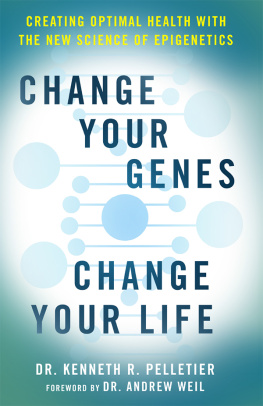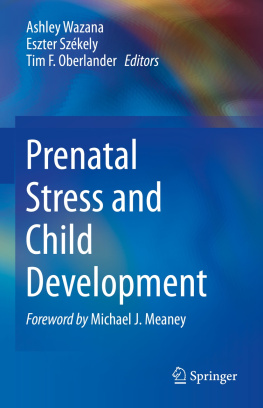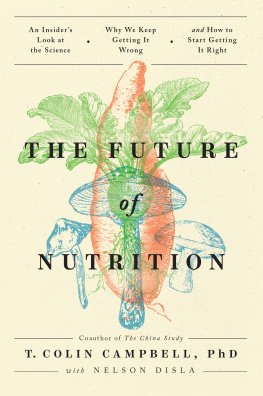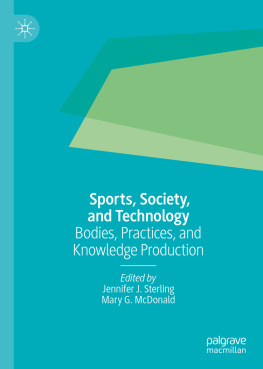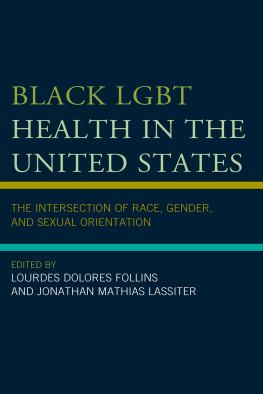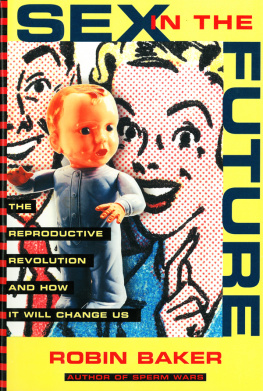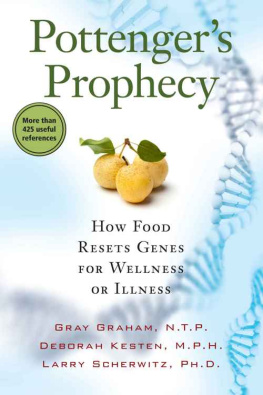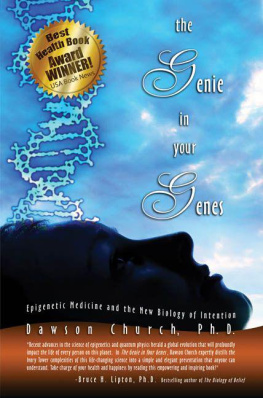
Weighing the Future
CRITICAL ENVIRONMENTS: NATURE, SCIENCE, AND POLITICS
Edited by Julie Guthman and Rebecca Lave
The Critical Environments series publishes books that explore the political forms of life and the ecologies that emerge from histories of capitalism, militarism, racism, colonialism, and more.
Flame and Fortune in the American West: Urban Development, Environmental Change, and the Great Oakland Hills Fire, by Gregory L. Simon
Germ Wars: The Politics of Microbes and Americas Landscape of Fear, by Melanie Armstrong
Coral Whisperers: Scientists on the Brink, by Irus Braverman
Life without Lead: Contamination, Crisis, and Hope in Uruguay, by Daniel Renfrew
Unsettled Waters: Rights, Law, and Identity in the American West, by Eric P. Perramond
Wilted: Pathogens, Chemicals, and the Fragile Future of the Strawberry Industry, by Julie Guthman
Destination Anthropocene: Science and Tourism in The Bahamas, by Amelia Moore
Economic Poisoning: Industrial Waste and the Chemicalization of American Agriculture, by Adam M. Romero
Weighing the Future: Race, Science, and Pregnancy Trials in the Postgenomic Era, by Natali Valdez
Weighing the Future
RACE, SCIENCE, AND PREGNANCY TRIALS IN THE POSTGENOMIC ERA
Natali Valdez
UNIVERSITY OF CALIFORNIA PRESS
University of California Press
Oakland, California
2022 by Natali Valdez
Library of Congress Cataloging-in-Publication Data
Names: Valdez, Natali, 1986 author.
Title: Weighing the future : race, science, and pregnancy trials in the postgenomic era / Natali Valdez.
Other titles: Critical environments (Oakland, Calif.) ; 9.
Description: Oakland, California : University of California Press, [2022] | Series: Critical Environments : Nature, Science and Politics ; 9 | Includes bibliographical references and index.
Identifiers: LCCN 2021021912 (print) | LCCN 2021021913 (ebook) | ISBN 9780520380134 (cloth) | ISBN 9780520380141 (paperback) | ISBN 9780520380158 (epub)
Subjects: LCSH: Clinical trialsSocial aspectsUnited States. | Clinical trialsSocial aspectsGreat Britain. | Clinical trialsPolitical aspectsUnited States. | Clinical trialsPolitical aspectsGreat Britain. | Pregnant womenUnited StatesCase studies. | Pregnant womenGreat BritainCase studies. | EpigeneticsUnited States. | EpigeneticsGreat Britain. | Human reproductionEnvironmental aspectsUnited States. | Human reproductionEnvironmental aspectsGreat Britain. | BISAC: SOCIAL SCIENCE / Anthropology / General | HEALTH & FITNESS / Pregnancy & Childbirth
Classification: LCC R853.C55 V35 2022 (print) | LCC R853.C55 (ebook) | DDC 610.72/4dc23
LC record available at https://lccn.loc.gov/2021021912
LC ebook record available at https://lccn.loc.gov/2021021913
Manufactured in the United States of America
30 29 28 27 26 25 24 23 22 21
10 9 8 7 6 5 4 3 2 1
Para Natali, la nia.
Juntas encontramos una salida.
Contents
Illustrations
TABLE
FIGURES
Acknowledgments
You are holding this book in your hands thanks to time, labor, care, and love. I am grateful to the people and systems that financially, intellectually, and emotionally supported me. Financial support through graduate and postgraduate fellowships (including the NSF-GRFP, Eugene-Cota Robles, Fondation Brocher, and Wenner-Gren research grants) gave me time, resources, and the opportunity to build a supportive network. And when systems failed to meet my needs, my friends, family, and mentors provided the safety net.
The PhD program in anthropology at the University of California, Irvine allowed me to explore many different projects and even supported me in taking time away from my PhD to study in the School of Public Health at UC Berkeley for a year. That experience was so valuable. It allowed me to be curious and deeply explore various aspects of my research. I am grateful to my communities in graduate school who sustained me throughout the peaks and valleys: Leksa Lee, Lydia Zacher Dixon, Vronique Fortin, Cheryl Deutsch, Georgia Hartman, Kavior Moon, Justin Perez, Daina Sanchez, and Raphalle Rabanes. I am also thankful to all my mentors at UC Irvine.
During the first few summers of graduate school I attended STS camp, in northern California. Not only was it a gorgeous nature retreat, but it was a fun way to connect with an extended network of scholars that supported me through my various projects, including Joe Dumit, Kate Darling, Marine Lapp, and Anna Jabloner. During my field research, I received so much support and encouragement from all of the staff members at the SmartStart and StandUp trials. Without their generosity, this project would not exist. I was supported by multiple writing groups to complete the first draft of this project in the final years of working on my PhD. Risa Cromer and Dna-Ain Davis were valuable members of the Race and Reproductivities group.
After earning my PhD, I had more time to conceptualize the book project during a two-year postdoctoral fellowship at Rice University in the Center for the Study of Women, Gender and Sexuality. The CWGS and the Department of Anthropology supported my reading groups, talks, and book workshop. I am especially grateful to Andrea Ballestero, Cymene Howe, Rosemary Hennessey, Brian Riedel, Eugenia Georges, Shannon Iverson, and Rachel Afi-Quinn. During my postdoc, I had time to create and attend meaningful conferences, including the Race and Reproduction Conference funded by Wenner-Gren that Daisy Deomampo and I organized, which brought together a wonderful group of scholars and mentors. Through the generous invitations of colleagues, I attended conferences where I was able to connect with more feminist mentors in reproduction and STS, including Charis Thompson and Rene Almeling.
I am fortunate to have had inspiring colleagues who support my work, like the entire Women of Color faculty group at Wellesley, Susan Ellison, and Eve Zimmerman. The countless walks and meditation classes that Eve and I did together nourished my soul.
My East Coast writing and support network expanded further in the last two years. I am eternally grateful to Banu Subramaniam, who has guided me through my book process and mentored me so graciously. She also connected me to brilliant feminist scholars through the Feminist STS reading group. At a workshop hosted by Jennifer Hamilton and Charlotte Krolkke, Hannah Landecker generously read and provided vital feedback on what is now of this book. I also participated in a variety of queer faculty of color writing groups with Vivian Huang, Moya Bailey, and Chanda Prescod-Weinstein, all of whom have generously supported my process. The entire Nutrire CoLab was so helpful in navigating the publishing process and reviewing my writing, including Alyshia Glvez, Megan Carney, and especially Emily Yates-Doerr (who generously read this entire book with her graduate students and gave me feedback on every chapter).
Rebecca Herzig pushed me to ask myself, at a personal level, why I was writing a book. It became clear that the lifegiving motivation for me was the relationships I built in the process. I owe a special thanks to Justin Perez for providing copyediting along with loving affirmation; Risa Cromer for seeing me in ways I wish to see myself; Leksa Lee for her loyal support and accountability; Maia Giladi for her unfailing encouragement; and Isabel Gmez for pushing me to write every day and showing me how to find pleasure in the process. The framing of the second-person vignettes throughout the book is thanks to Isabels intellectual generosity and brilliance. I am deeply indebted to Shannon Iverson, who was involved in the developmental editing of the entire text. You can thank Shannon for any clarity that comes through in the arguments of these chapters.


